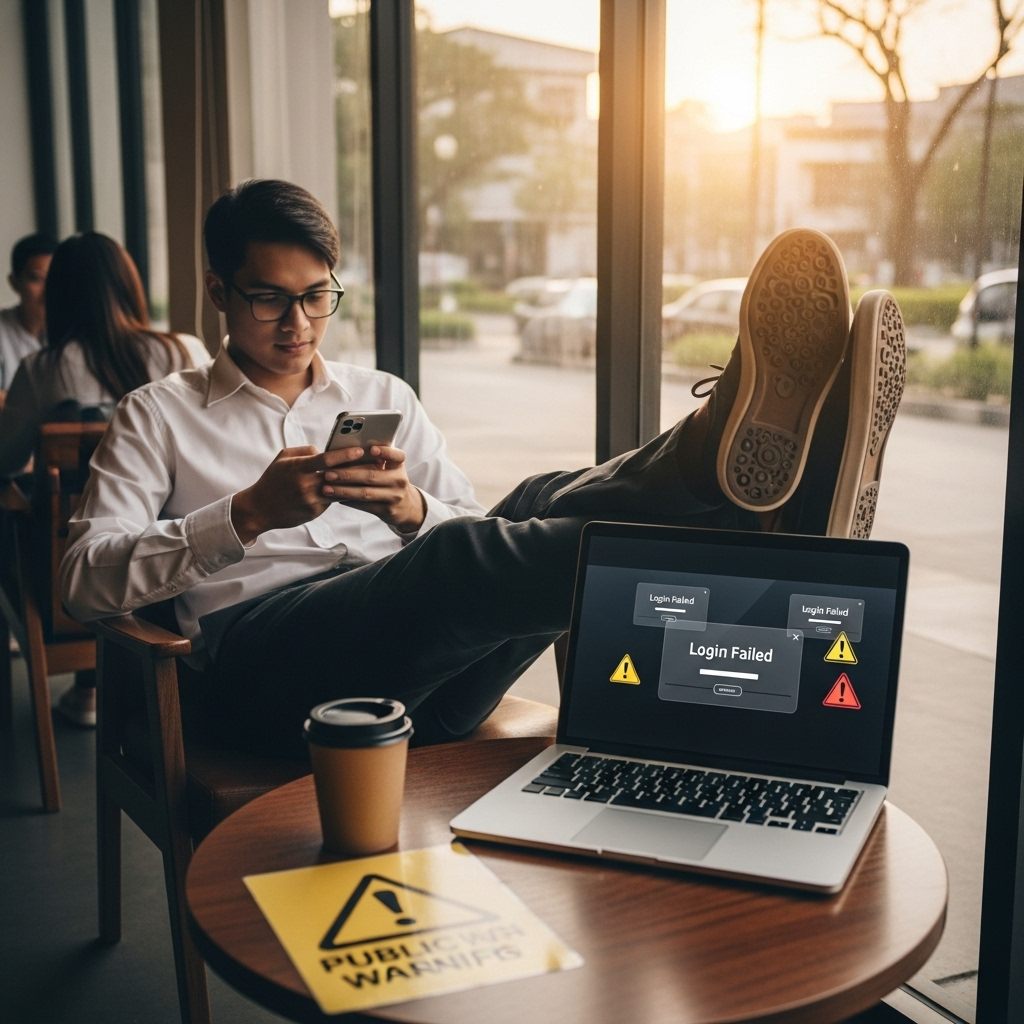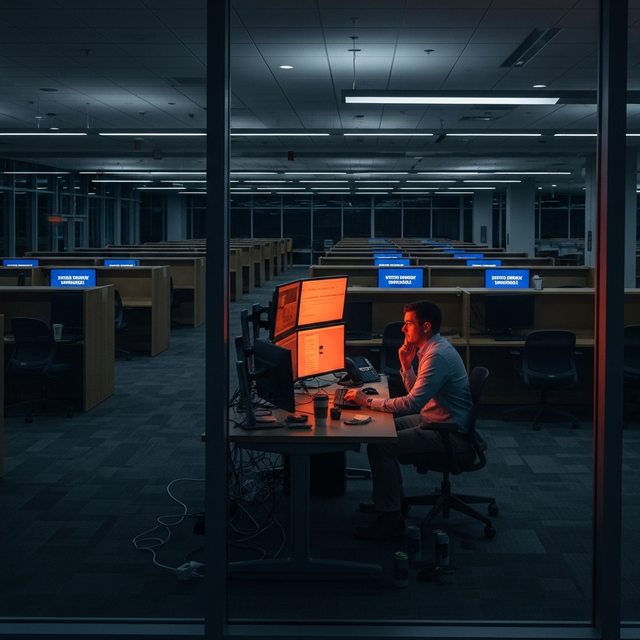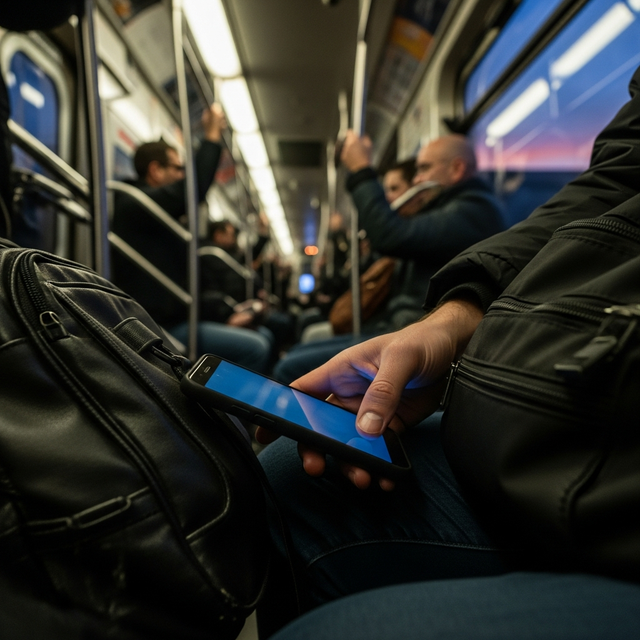iPhone Users More Reckless, Less Protected Online Than Android Users

iPhone Users Are Taking More Security Risks Than Android Users (And It's Not Even Close)
Well, this is awkward. As someone who's helped countless friends and family with their phones over the years, I've always heard the same thing: "But iPhones are more secure, right?" Turns out, we might need to rethink that assumption.
A fascinating new study from Malwarebytes just dropped some truth bombs about how iPhone and Android users actually behave online. And let me tell you - it's not what most people expect.
The Surprising Security Gap
Here's the deal: iPhone users are actually taking way more risks online than Android users. We're talking about some pretty concerning behavior patterns:
64% of iPhone users don't use any security apps (compared to just 45% of Android users)
iPhone users are nearly twice as likely to share passwords with family and friends
They're more likely to use public WiFi without protection
And they're less likely to use basic security tools like password managers or VPNs
The "Apple Security Blanket" Problem
I've seen this firsthand - there's this weird psychological thing happening with iPhone users. They think Apple's reputation for security means they're automatically protected from everything. It's like having a really good deadbolt but leaving your windows wide open.
Look, I love my iPhone too, but here's why this mindset is dangerous: Apple's security is great against certain threats, but it can't protect you from:
Phishing attacks
Password breaches
Public WiFi snooping
Social engineering scams
The Real-World Risks
Let me share a quick story. Last month, a friend (iPhone user) got his accounts hacked because he used the same password everywhere and never bothered with a password manager. "But I have an iPhone," he said. Yeah, that didn't help when one website got breached and exposed his login info.
That's why I finally convinced him to use NordPass - it's basically eliminated his password headaches, and now he actually uses unique passwords for everything.
Public WiFi: The Silent Killer
The study found iPhone users are much more likely to connect to public WiFi without protection. This drives me crazy because it's so easy to fix. Think of public WiFi like a public bathroom - sure, you might need to use it, but you probably want some protection.
I personally use Surfshark whenever I'm out and about. It's like having a private tunnel through all that sketchy public WiFi. Plus, it works great on iPhones - just set it and forget it.
What iPhone Users Need to Start Doing
1. Actually Use Security Apps
Yes, even on your iPhone. I recommend starting with Malwarebytes Premium - it catches a lot of sketchy stuff that Apple's built-in security might miss.
2. Stop Sharing Passwords
I know your Netflix password is practically a family heirloom at this point, but password sharing is a dangerous game. Use a password manager instead - it's literally what they're made for.
3. Take Public WiFi Seriously
Either avoid it entirely or use a VPN. No exceptions. Your banking app won't save you if someone's snooping on the coffee shop network.
4. Enable Two-Factor Authentication
Not just Apple's two-factor - enable it everywhere it's offered. And if you want to level up, grab a YubiKey 5 NFC for bulletproof account security.
The Bottom Line
Having an iPhone is great, but it's not a security force field. The best security comes from good habits, not just good hardware. Start with a password manager and VPN, then work your way up from there. Your iPhone's security is only as good as the person using it.
Quick heads up:Some links in this article are affiliate links. If you buy something through them, we might earn a small commission (doesn't cost you extra). We only recommend stuff we'd actually use ourselves or set up for our own families. No BS recommendations here.


